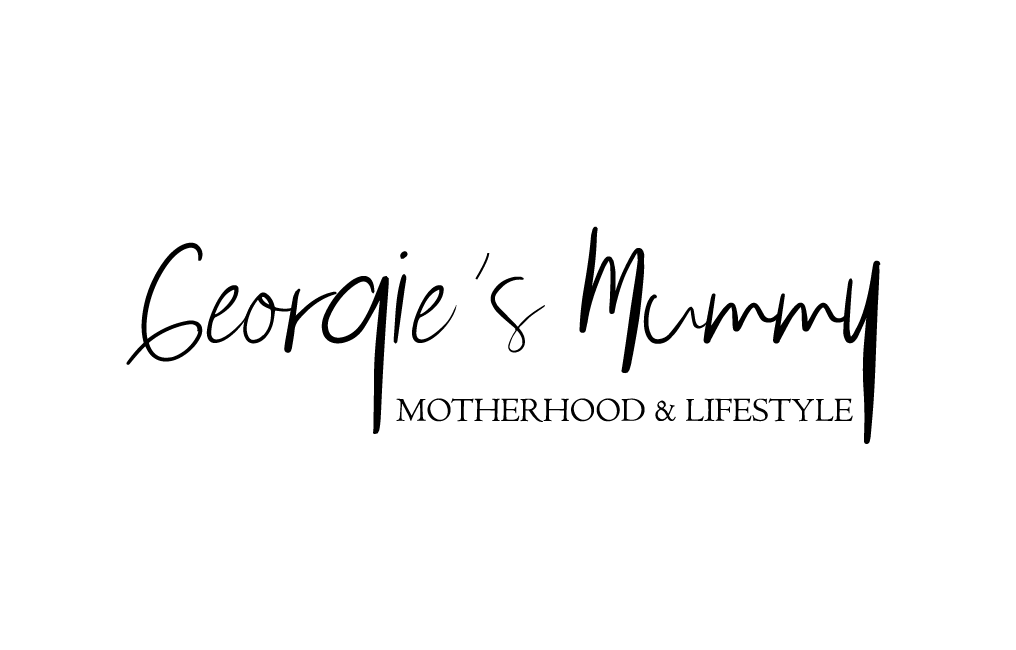Since commencing a never-ending love affair with books on parenting, which began shortly after Georgie refused to sleep or stop crying for hours on end, I have become a fan of the Montessori method. I find it’s preschool activities truly helpful and it’s overall simple approach to everyday life with a child an astounding revelation. Every single activity I have tried with Georgie has been a huge success. Sure, some he finds less interesting, but they all seem to stimulate something in him and I like that. Good control of movement and coordination comes from just handing him a jug of water and a bowl. Sorting coloured buttons and underwear, matching socks and helping around the house are also activities we love to do together, especially in the morning when he’s chirpy and well-rested. And I can’t help but enjoy myself so much. I mean, I get help with the laundry, people! By my two-year old! Just hoping to raise a good man.
Browsing Tag
children
I sometimes think about the kind of person Georgie will grow up to be. I think about the kind of things he will like to do and if he will be exceptionally good at one thing, talented, successful and focused. I catch myself thinking about these things when he’s talking to me, looking deep into my eyes, willing me to understand what ‘blath’ means. And then I stop. I snap out of it and curse the moment I read the Battle Hymn of the Tiger Mother. It is, I will dare say, a disturbing yet highly thought-provoking book on parenting. To be more specific, Chinese parenting. Amy Chua, mother of two, tries to apply this strict and anti-Western parenting method while living in the United States with her American husband. She doesn’t believe in sleepovers, school plays, playdates, television and video games and not being the number one student in every subject except gym and drama. Any grade less than A is not acceptable. To establish this, her children are subjected to piano rehearsals while on holiday; their mother tears up two handmade birthday cards disappointed with the lack of effort that has gone into them. Chua explains how different Western parenting is to Chinese with all honesty and rawness. Western parents care about their child’s psyche. Chinese parents do not. They believe their children can be the best, so why settle for mediocrity just because there’s a sleepover involved? They want medals and recognition, they expect obedience and to be made proud. Heartless as Chua’s actions seemed to me I had to take my hat off to her by the end of the book. She has produced two highly successful young women, one of whom has played at Carnegie Hall while the other was accepted (I think) to Julliard. But there’s more to the story than just accomplishment. She devoted endless hours to their cause, rehearsing with them , driving them to classes five hours away and leaving them notes on how to become the best. You just can’t say she didn’t care. Beautifully written letters and essays by her daughters express nothing but love and adoration for their mother, who finally partly surrendered to Western parenting by allowing her youngest, the rebel, to give up the violin and play tennis. They are grateful their mother pushed them to be the best. They apply the thirst they have gained through those tyrannical years to everything they do.
Hot summer days equals water and lots of fun with spray bottles. Not to mention frappes and sushi nights with handsome papa. We welcome summertime and the loving positive vibes that come with.
With absolutely nothing on the itinerary, Sunday proved to be the perfect day for the kids to take their bicycles out for a ride and for the adults to finally soak up the rays by our pool. Things can get somewhat hairy with two two-year olds running around, unable to grasp the concept of drowning but there were more than enough hands to help keep them safe. Of course having a massive canvas cover over the entire pool that can easily hold up to 200 kilos is also a huge relief. However, swimming ‘lessons’ have been bumped up on the activity agenda and my little dude is adapting beautifully, kicking his legs and blowing bubbles. I’m hoping he develops a respectful relationship with water because living on an island means bare feet and lots of fun.





